Should We Display Calories On Restaurant Menus? In this post I want to talk about calories, whether we ought to know more about them, and where or whether they belong on a restaurant menu.
In an attempt to curb the rising trend of obesity, the UK government has recently expressed an interest in demanding the display of calories on restaurant menus. This idea is one that has actually proven to be quite popular among the general public. Do remember though, Brexit and Donald Trump were also popular…
In this post, I want to share my thoughts on the matter of calories on restaurant menus, and delve a little deeper into why this is probably a bad idea.
What is a calorie?
Putting to one side your mum’s Facebook post-sharing about calories being measurements of deliciousness, or about them being small creatures that sew your clothes tighter as you sleep, let’s look at the facts.
A calorie is a unit of measurement used to measure energy, or more specifically, heat. When talking about food, we are referring to what are technically known as kilocalories (displayed as kcal on labels and packaging) though we still refer to them simply as calories. We use the calorie measurement to decipher how much energy is in the food and drink that we consume, relative to how much energy our bodies use in our day-to-day lives.
As a simple example, the average British man is recommended to consume 2500kcal per day to function regularly. This equates to roughly ten regular 250kcal McDonald’s Big Macs or over four-hundred sticks of celery, whichever you prefer…
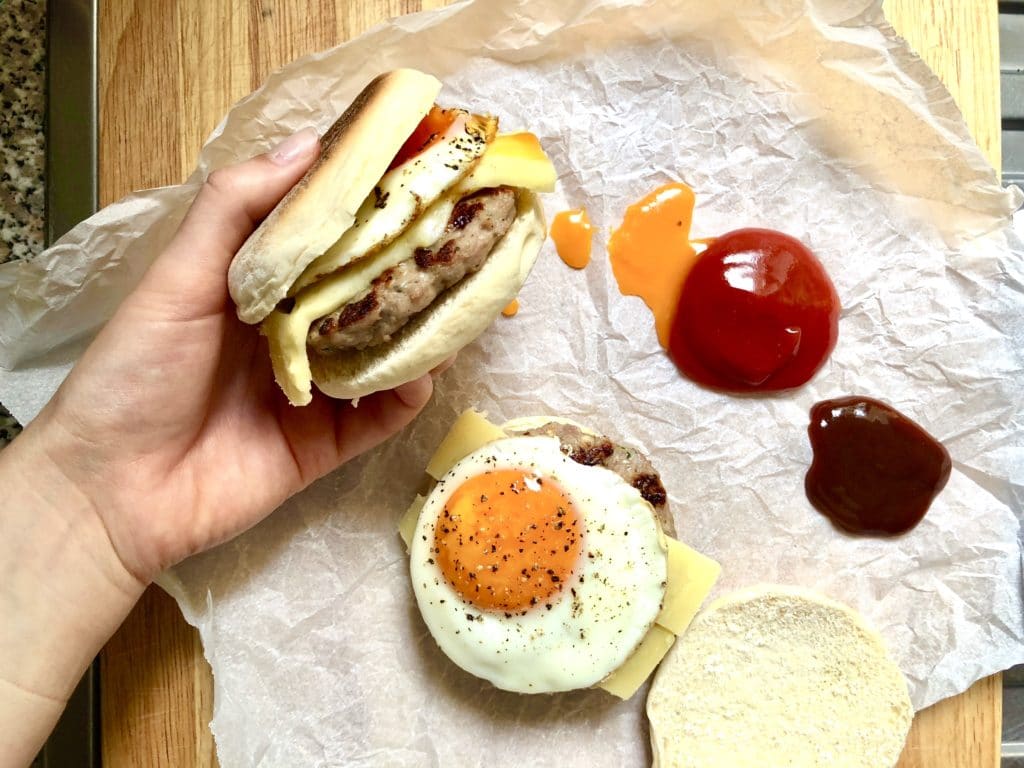
Why do we count them?
Calorie counting began gaining popularity in the late 1980s. A practice that was once used by bodybuilders to increase their mass is now mostly associated with middle aged women desperately trying to reduce their mass. The idea is that measuring each and every calorie that we consume will ensure we do not eat more than we need. In theory this should make us mindful of what we are eating and help us to lose weight by simply consuming fewer calories than we expend on a day-to-day basis.
It is probably the most popular method of losing weight in our modern world, especially with the assistance of calorie counting apps such as MyFitnessPal at our fingertips. Most new fad diets that crop up, be it the 5:2 or the keto diet often dress themselves up as a new concept but are usually just hiding a new way of reducing our overall calorie intake.
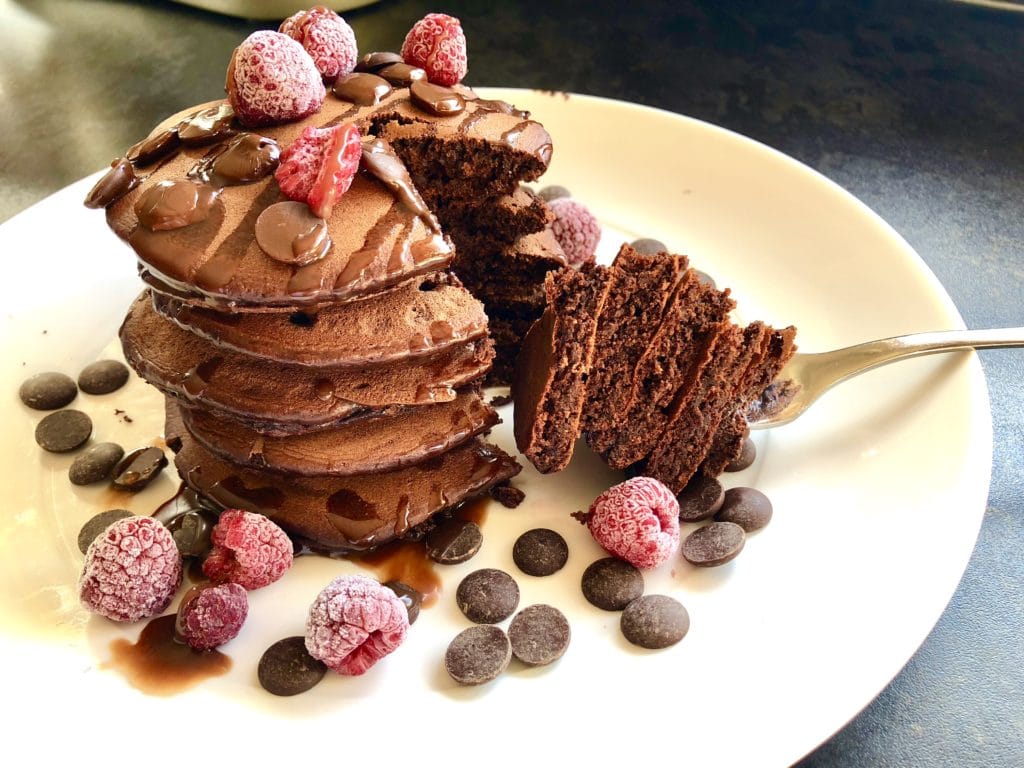
Should we count them?
Calorie counting is an NHS recommended method of weight management for those who have been advised to reduce their size. Many regular people can likely attest to its effectiveness in helping them lose some body fat at some point in their life too.
The part that can cause concern is, rather than simply a practice used for those that have been advised to lose weight, calorie counting is now a widely known method of restrictive eating. Calories are displayed on the packaging of almost every single foodstuff and beverage we purchase. From giant sharing bars of chocolate and decadent coffee shop chocolate cakes, to the humble petrol station sandwich and snack-sized fruit pots. Understandably, this can be helpful for those who are trying to stick to advice given by their doctors regarding their calorie intake, or for those who maybe need to opt for calorie-dense foods to give them an energy boost. Sadly, it can also be silently harmful to others among us.
Speaking as someone who is only finally learning to love food after a lifetime of varied eating disorders, from childhood emetophobia to teenage orthorexia, I know all too well how damaging the knowledge of calorie content can be. I have seen myself select the lowest calorie item on many menus, even if it is something that I don’t really like or particularly want at that time. I still find myself shying away from calorific foods nowadays, even if it is something I’m really craving or haven’t tasted in months. I have been an on-and-off slave to MyFitnessPal, entering every calorie I consume into it with painful accuracy. I would allow it to dictate to me just what I could or couldn’t eat, without allowing myself to ever exceed my own set 1500 calorie limit, even if it meant I was sore with hunger.
Obviously, I am in the minority. There are fewer struggling with eating disorders than struggling with morbid obesity. However, restrictive eating disorders are on the rise, likely due in part to our increasing knowledge of the nutritional information of every gram of food we consume. Even outside of the horrific world of disordered eating, you often hear regular people discuss the calories of a foodstuff or drink they have just purchased before they even taste it.
I can’t tell you how many times I have brought freshly baked cake, cookies or brownies into the office and ONE person always feels the need to comment on the calories contained within it. There is nothing sadder than the thought of someone being disappointed enough in the calorie content of some delicious food to simply refuse to eat it. It’s like asking someone the contents of a wrapped birthday gift they have purchased for you and unhappily handing it back, or refusing casual sex after asking your would-be companion precisely how many seconds your orgasm likely to last. Joyous, eh?
I’ll remember to have engraved into my gravestone, “Here lies Kelly Cletheroe; she knew that a 40 gram bar of Cadbury’s Dairy Milk contained approximately 210 calories, not that she’d eat it.” Thanks a lot, MyFuckingFitnessPal.
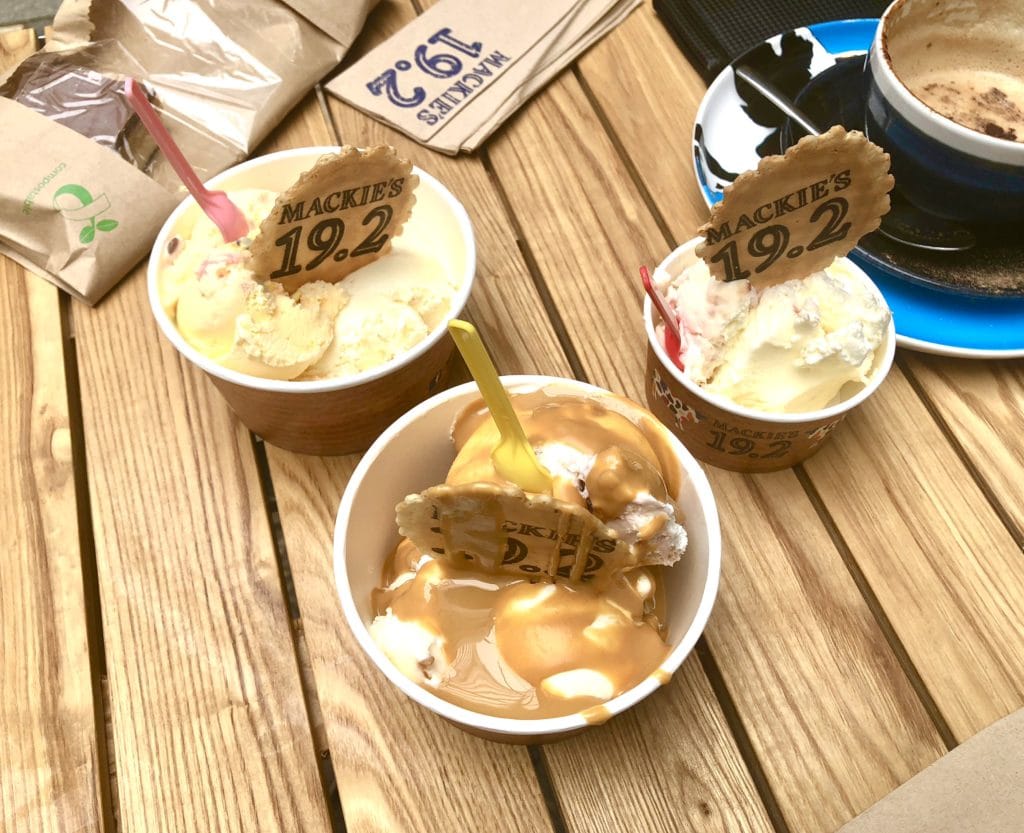
Should we display calories on restaurant menus?
You have likely guessed from the tone of this piece by now that my response to this is a clear and confident no. We should not display calories on restaurant menus.
While I fully understand the thought process behind the government’s recent recommendation to display calories on restaurant menus, I truly cannot think of anything that would detract more from the pleasure of a meal. For example, you don’t want to be told that the cheesy pizza you’ve been looking forward to all day has more calories than you expected. Or on your birthday, that the big slice of salted caramel cheesecake that has just arrived adorned with a sparkler and a group sing-a-long will cause you to exceed your caloric limit for the day.
We should not teach that food is to be treated as a measured amount of fuel, rather than a joyous, delicious, social and cultural matter. Eating is so much more than a bodily function, in the same way that sex is not just a factor in reproduction. Your desire for delicious food is nothing sinful or shameful, it is how we live.
I do feel however that there could be a separate menu in restaurants or fast food joints, displaying the calorie content or macronutrient breakdown of meals. Whether this be in a hard copy in the actual restaurant or accessible online. This could be beneficial for those with chronic illnesses who require that information, for those on a diet recommended by a medical professional, or those who have simply grown unhappy with their increasing weight. That way the information is available for those in need without raising impressionable children or insecure teenagers to think that their food is to be thought of numerically rather than something to enjoy.
As anti-diet-culture as I am, I am in no way advocating that no one should know the calorie content of anything. It’s just really depressing to think of our food purely in terms of the energy it will provide us, in a time when we are lucky enough to have access to the delicious pleasure that both good cooking, healthy foods and junk foods can provide us. The dichotomy of good vs bad foods is only bolstered by displaying information about calories on restaurant menus, and it can only encourage further disordered eating and unhealthy relationships with food. No one should be forced into guilt when eating in their favourite restaurant, just as no one should be restricted from knowing exactly what’s in their meals if they really want or need to know. Life is about balance, and we can’t have balance when our view is tilted one way or another.
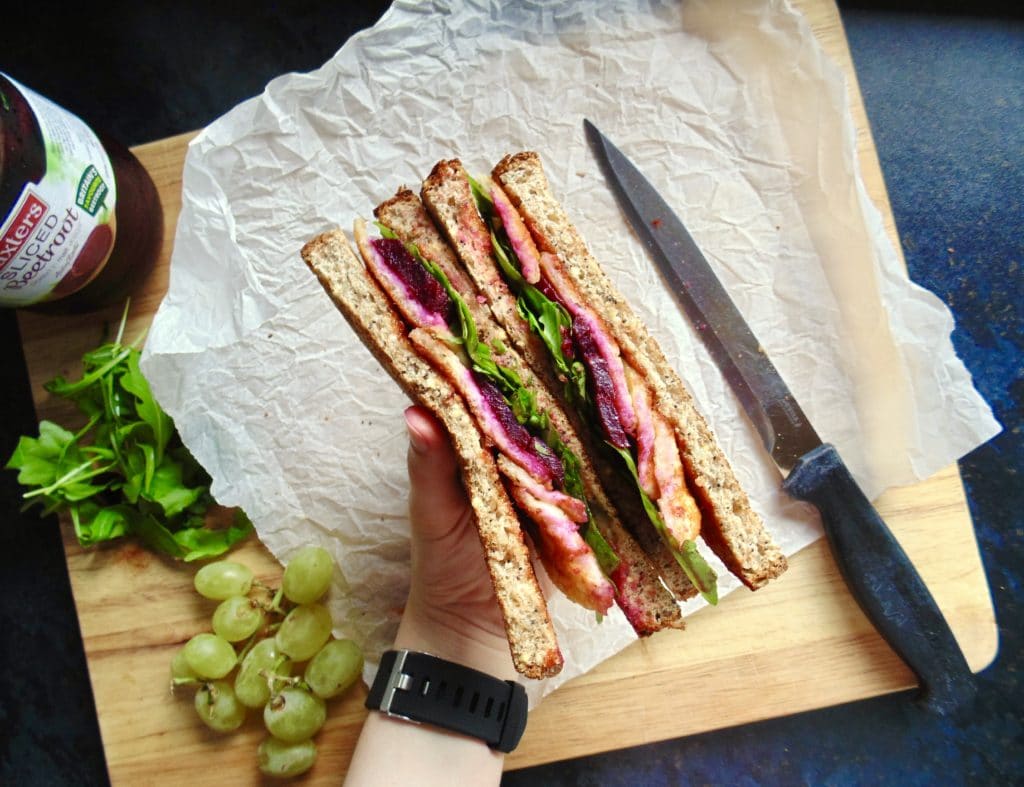
Let me know what you think. Should we display calories on restaurant menus?
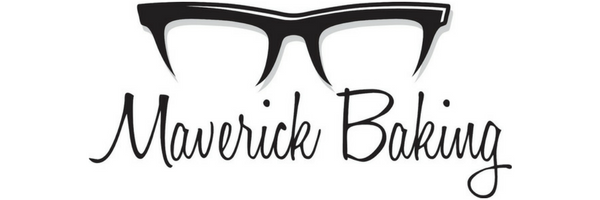
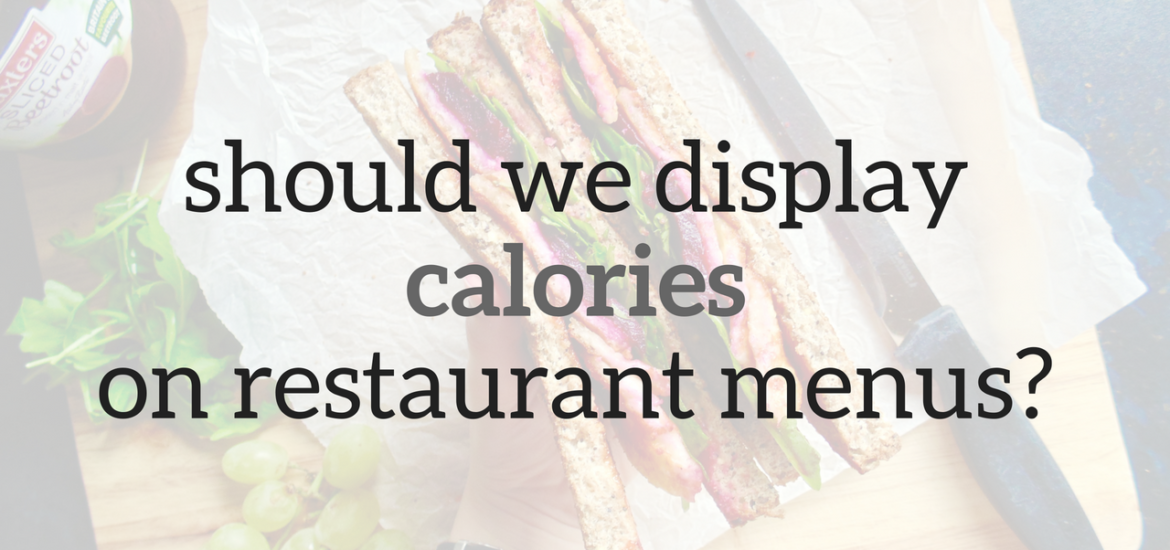
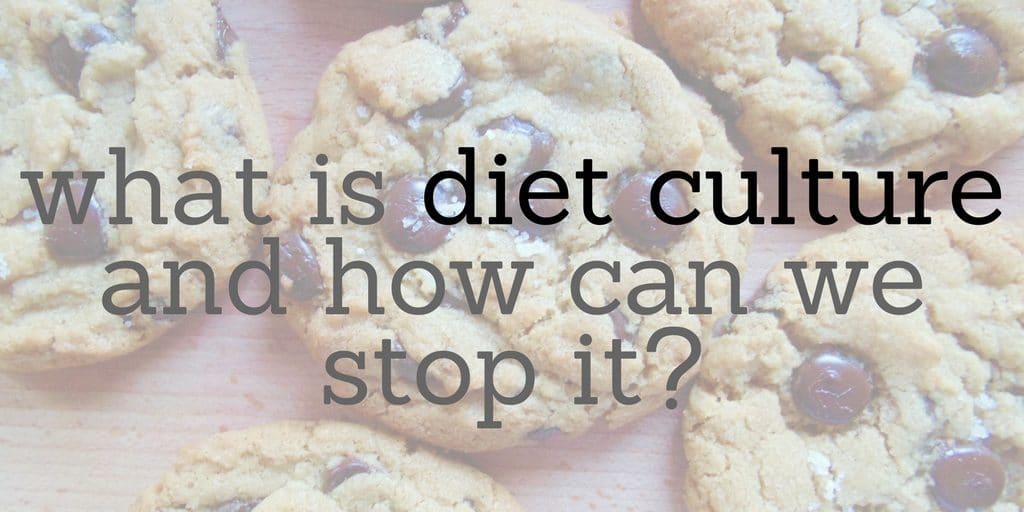
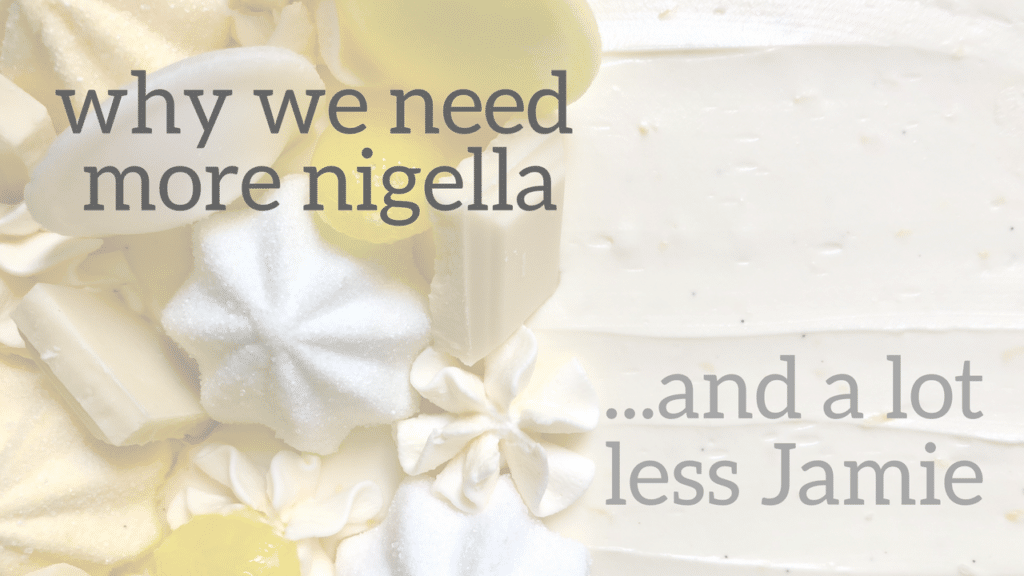
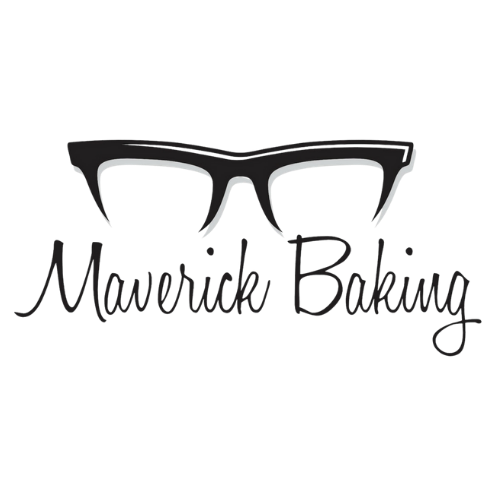
I must admit, I don’t agree. As someone who has battled their weight their whole adult life, I know that seeing the calorie content next to something on a menu makes me stop and think about choosing it, and often choose the healthier option. I think I’ve got a fairly good grip of good food/bad food, and yet it can be surprising just how many calories some food and drinks actually have. I don’t think that ignorance is bliss in this case. With so much widely available, high calorie foods, we need to be taking responsibility for what we’re eating, and having the calorie content on menus helps us do this. I must add that it doesn’t stop me choosing a burger over a salad, but I’ll most likely choose a lesser calorie-laden burger 😉
Hi Sarah, thanks for reading! Your comment shows how divisive this issue really is. I totally get where you’re coming from, and while I’ve never been there, I appreciate how difficult it is. My mum is much like you and has struggled with her weight, finding calorie counting helpful. However it can be equally unhelpful for some. It’ll be interesting to see whether this is implemented, and any effect it might have.
Thank you so much for this. The voice of reason in a crazy world. xxxx
Thank you, very nice of you to say! Glad you enjoyed.